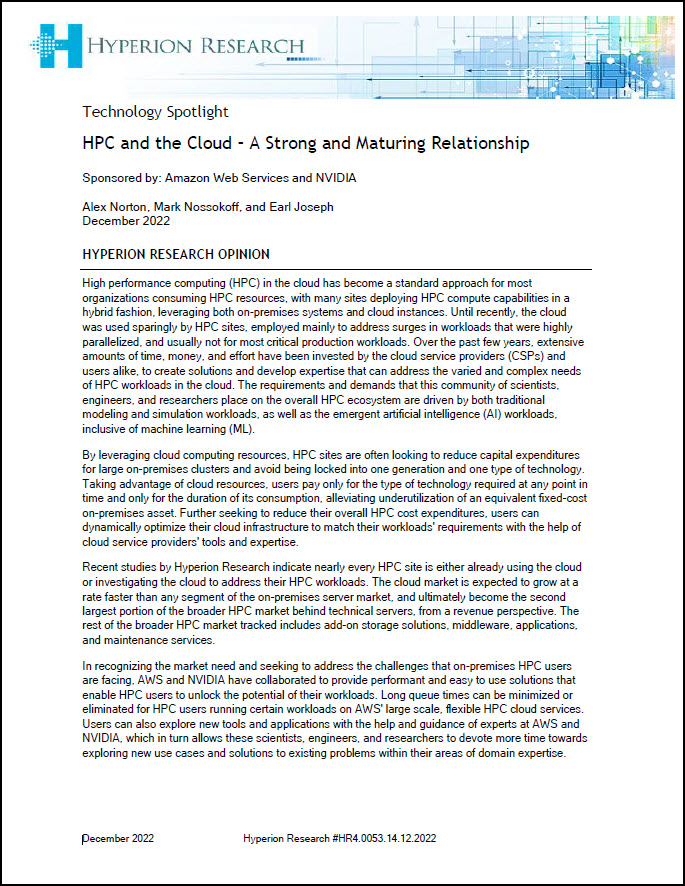 Over at Symmetry Magazine, Lori Ann White writes that a team of astrophysicists and computer scientists have created some of the highest-resolution simulations of the cosmos ever attempted using the Titan supercomputer at Oak Ridge. These trillion-particle Dark Sky Simulations are also noteworthy for being the first of their kind to be made publicly available.
Over at Symmetry Magazine, Lori Ann White writes that a team of astrophysicists and computer scientists have created some of the highest-resolution simulations of the cosmos ever attempted using the Titan supercomputer at Oak Ridge. These trillion-particle Dark Sky Simulations are also noteworthy for being the first of their kind to be made publicly available.
Despite fierce competition, the group won 80 million computing hours on Oak Ridge National Laboratory’s Titan through the Department of Energy’s 2014 INCITE program. In mid-April, the group turned Titan loose. For more than 33 hours, they used two-thirds of one of the world’s largest and fastest supercomputers to direct a trillion virtual particles to follow the laws of gravity as translated to computer code, set in a universe that expanded the way cosmologists believe ours has for the past 13.7 billion years. “This simulation ran continuously for almost two days, and then it was done,” says Michael Warren, a scientist in the Theoretical Astrophysics Group at Los Alamos National Laboratory. Warren has been working on the code underlying the simulations for two decades. “I haven’t worked that hard since I was a grad student.”
The Dark Sky Simulations can now be accessed through a visualization program in Google’s coLaboratory, a newly announced tool that allows multiple people to analyze data at the same time.
This visualization by Ralf Kaehler shows a slice of one of the dark sky simulations, where the particles are built up in Morton-order, just like they are stored in memory and on disk.
Download the paper “Dark Sky Simulations: Early Data Release” (PDF) * Read the Full Story.
Editor’s note: Matthew Turk writes that coLaboratory also features the work of Project Jupyter, an open source project that was previously known as IPython.





Hi Rich, thanks for the article! We’re very excited about releasing the Dark Sky Sims. I just wanted to note that coLaboratory also features the work of Project Jupyter, an open source project which was previously known as IPython.